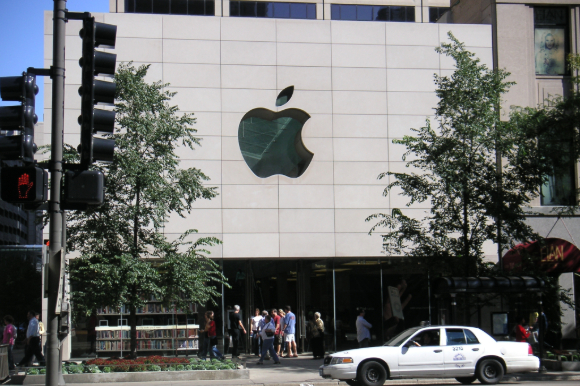Apple has issued a stark warning to the UK’s competition regulator, claiming that proposals to impose “EU-style rules” on mobile platforms would be damaging both to users and app developers.
The iPhone maker argues that regulations introduced in the European Union have already caused delays to new features and improvements for European customers, and says Britain risks the same outcome if the Competition and Markets Authority (CMA) proceeds with its planned reforms.
The CMA insists, however, that its approach is fundamentally different from that of Brussels. In a statement to the BBC, the regulator rejected Apple’s claims, arguing its proposed rules are designed to foster innovation and growth for UK businesses, while ensuring consumers benefit from new technologies.
Apple’s intervention comes against a backdrop of growing international scrutiny of big technology firms. US President Donald Trump this week launched a blistering attack on foreign regulation of American digital companies. Without naming specific countries, he said measures such as digital taxes and competition laws were “designed to harm, or discriminate against, American Technology”.
In an online post, he warned: “All countries with digital taxes, legislation, rules, or regulations are on notice that unless such discriminatory actions are removed tariffs and restrictions on their access to US technology will follow. Nations must show respect to America and our amazing Tech Companies or consider the consequences!”
CMA says Apple and Google hold “effective duopoly”
The CMA’s proposals follow a review published in July, which found that “around 90-100% of UK mobile devices” run on either Apple’s iOS or Google’s Android, giving the firms what it described as an “effective duopoly.”
To address this dominance, the regulator has set out plans requiring both companies to alter how their platforms operate. Among the measures under consideration are rules allowing app developers to “steer” customers towards external payment systems outside Apple’s App Store—changes Apple has long resisted.
The CMA has now given Apple and Google an opportunity to respond, before reaching a final decision expected in October.
Apple: Rules risk privacy, security and innovation
In its latest statement, Apple said the CMA’s direction “undermines the privacy and security protections our users have come to expect, hampers our ability to innovate, and forces us to give away our technology for free to foreign competitors.”
The company drew direct comparisons with the EU’s Digital Markets Act (DMA), the wide-ranging competition law enforced since 2023. Apple has already faced large fines for breaching DMA rules, which require it to open up its ecosystem to rival providers.
According to Apple, interoperability requirements in the EU have generated more than 100 access requests, including demands from major competitors to obtain sensitive user data. Apple says these rules effectively compel it to share valuable intellectual property and information it does not even collect itself.
It warned that the UK risks repeating the EU’s mistakes by compelling similar interoperability.
Watchdog pushes back
The CMA, however, rejected this interpretation, stressing that its proposals are narrower in scope than Brussels’ approach. Rather than opening Apple’s systems entirely, the regulator says it intends to focus on specific elements such as digital wallets and smartwatches.
This would allow UK developers to integrate more effectively with Apple technology and build innovative apps without undermining privacy or security, the CMA argued.
It also disputed Apple’s claims that allowing developers to steer users toward alternative payment systems would open the door to fraud. “Driving greater competition on mobile platforms need not undermine privacy, security or intellectual property, and as we carefully consider UK-specific steps, we will ensure it does not,” the CMA said.
Rivals “get technology for free”
Apple maintains that the watchdog’s direction would harm innovation by forcing it to share its proprietary systems at no cost. It claims this risks giving rivals “free access” to technology it has invested heavily in developing.
The company also argues that permitting external payment systems could expose consumers to scams and increase security risks, an argument it has made repeatedly in the US and EU.
The debate over interoperability highlights a central tension in global efforts to regulate big tech: whether laws designed to open up markets ultimately enhance consumer choice or compromise user safety and innovation.
With the CMA expected to issue its final ruling in October, the UK now finds itself on the front line of this international battle over the future of digital competition.






